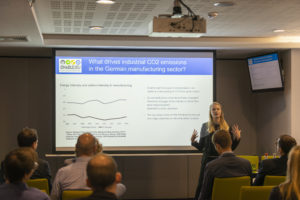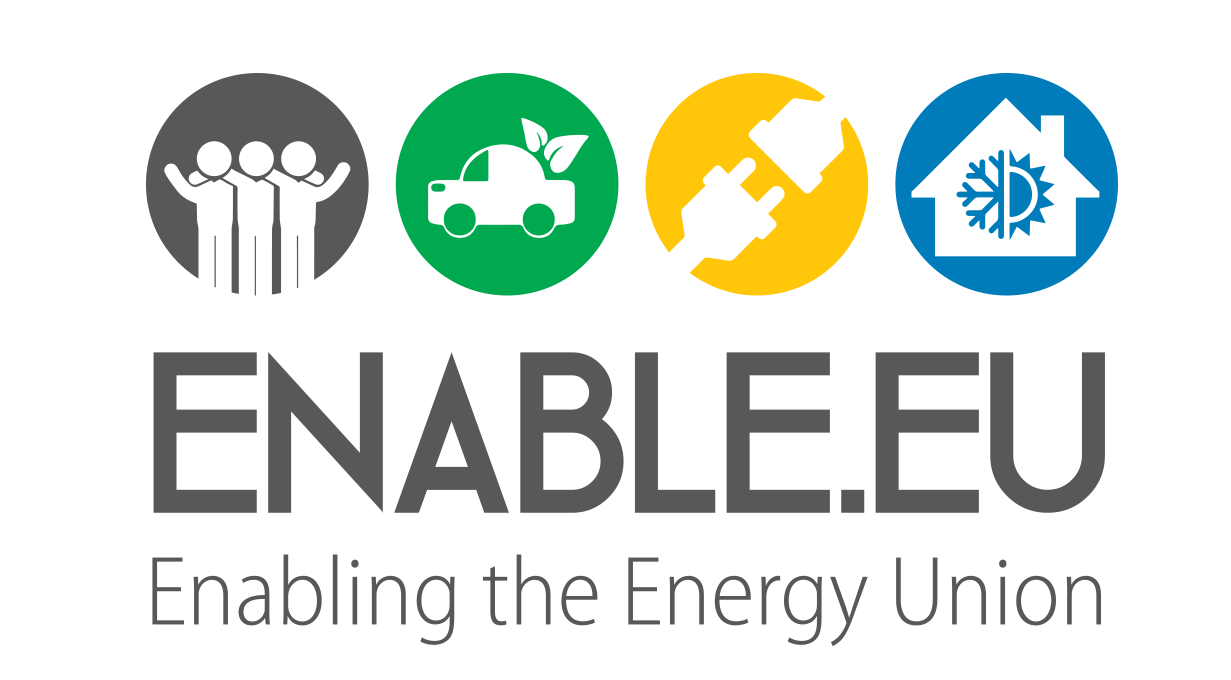 To build a clean energy future, the European Union aims at increasing energy efficiency by 32.5% by 2030. With households making up a large share of a country’s energy consumption, the successful implementation of this aim hinges on citizens’ electricity consumption. But what policies actually influence citizens’ electricity consumption? This session discussed this question by presenting four studies of the ENABLE.EU project conducted in Bulgaria, Serbia, Germany and the United Kingdom. The studies implemented different energy saving policies and recorded the electricity consumption data of households. The Bulgarian and Serbian studies present only limited potential for information and feedback policies in decreasing energy consumption. However, holding information constant, the German study shows that households care too little about their energy costs, as bills are paid some time after decisions regarding consumption choices are made. When this lag between consumption and payment was resolved, study participants consumed 12% less energy. Finally, the UK study shows that households would need to receive monetary compensation to enable the rollout of smart meters. While participants demanded a wide range of values, this compensation is sensitive to the information provided. These results were discussed with valuable insights from Monika de Volder (BEUC) and Roberto Zangrandi (E.DSO).
To build a clean energy future, the European Union aims at increasing energy efficiency by 32.5% by 2030. With households making up a large share of a country’s energy consumption, the successful implementation of this aim hinges on citizens’ electricity consumption. But what policies actually influence citizens’ electricity consumption? This session discussed this question by presenting four studies of the ENABLE.EU project conducted in Bulgaria, Serbia, Germany and the United Kingdom. The studies implemented different energy saving policies and recorded the electricity consumption data of households. The Bulgarian and Serbian studies present only limited potential for information and feedback policies in decreasing energy consumption. However, holding information constant, the German study shows that households care too little about their energy costs, as bills are paid some time after decisions regarding consumption choices are made. When this lag between consumption and payment was resolved, study participants consumed 12% less energy. Finally, the UK study shows that households would need to receive monetary compensation to enable the rollout of smart meters. While participants demanded a wide range of values, this compensation is sensitive to the information provided. These results were discussed with valuable insights from Monika de Volder (BEUC) and Roberto Zangrandi (E.DSO).
Privacy Overview
This website uses cookies so that we can provide you with the best user experience possible. Cookie information is stored in your browser and performs functions such as recognising you when you return to our website and helping our team to understand which sections of the website you find most interesting and useful.
